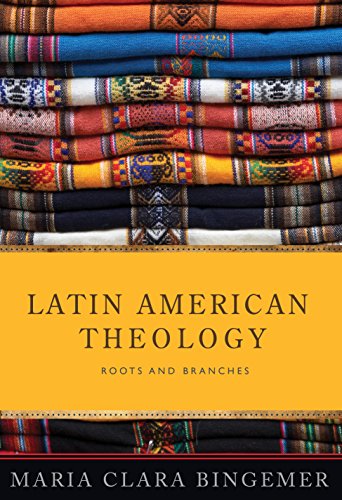1
/
of
1
Latin American Theology: Roots and Branches
Latin American Theology: Roots and Branches
- Maria Clara Bingemer;
- Maria Clara Bingemer
- 128 pages
- 2016-06-08
Regular price
$29.50 CAD
Regular price
Sale price
$29.50 CAD
Unit price
/
per
Couldn't load pickup availability
With the emergence of liberation theology in the 1970s, Latin American theology made a bold entrance on the world scene. The immediate roots of this theology were in the efforts of the Latin American bishops at the Medellin Conference in 1968 to reflect on the implications of the Second Vatican Council for a continent marked by poverty and social injustice. That conference charted a new “preferential option for the poor,” and it also fostered a new method of theology, rooted in the experience and perspective of those on the margins.Maria Clara Bingemer;, Maria Clara Bingemer
SKU: 199615n0nn1nWWW | ISBN: 9781626981843
Tags


